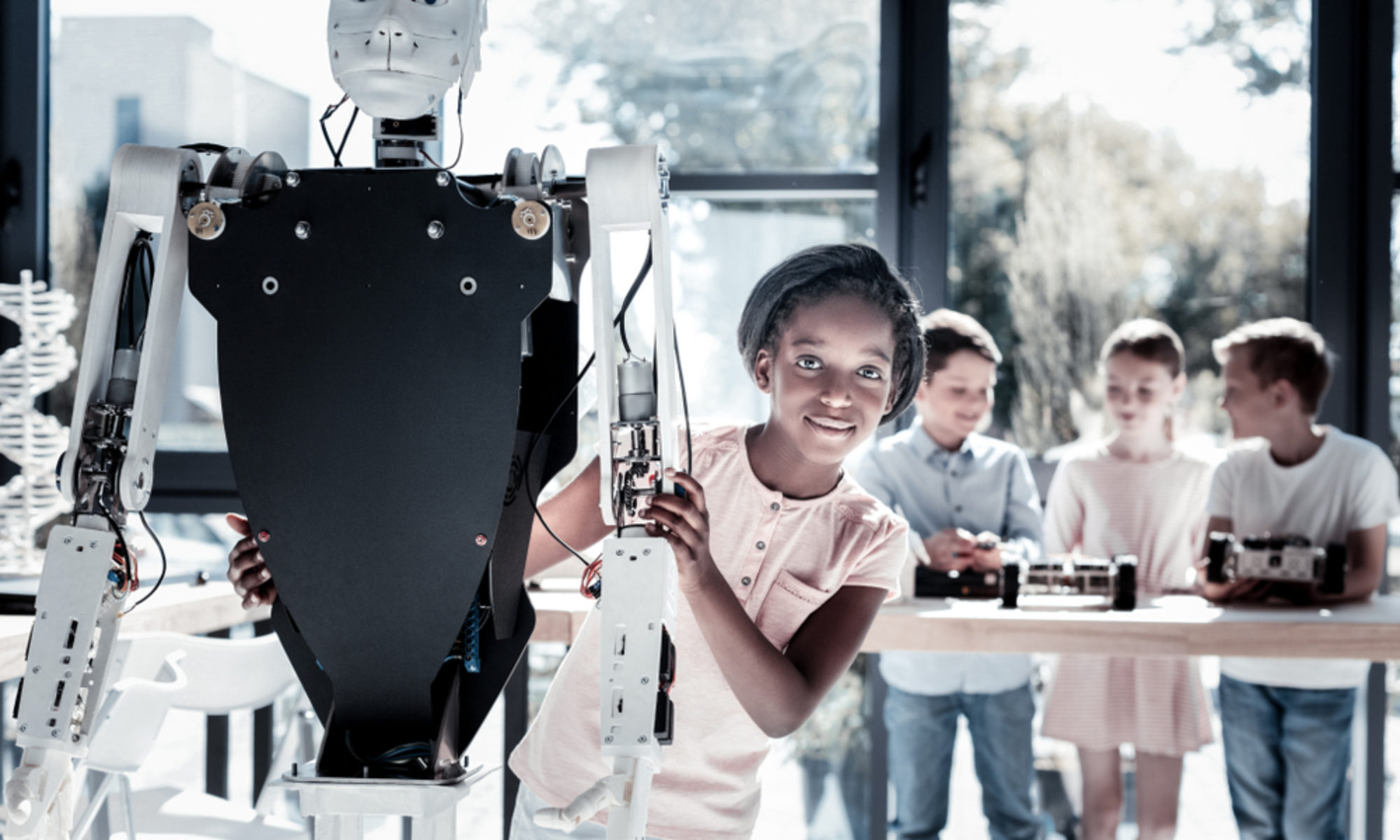The World Economic Forum
The World Economic Forum’s take on the fourth industrial revolution is close to my own view, as articulated below by Klaus Schwab:
“In addition to being a key economic concern, inequality represents the greatest societal concern associated with the Fourth Industrial Revolution. The largest beneficiaries of innovation tend to be the providers of intellectual and physical capital—the innovators, shareholders, and investors—which explains the rising gap in wealth between those dependent on capital versus labor.”
Klaus Schwab, Founder and Executive Chairman, World Economic Forum (2016)
You can read more about the WEF perspective here. The WEF have a great resource centre that publish strategic trends, research and analysis with a broad range of topics and highly specific insights on various fourth industrial shifts, from business disruption to technology fusion to ethics and identity.
Government Perspectives
Fourth Industrial Revolution changes that affect business and industry ecosystems are often referred to as “Industry 4.0”.
Many governments have started to form policies and task forces to capture the opportunity that the fourth industrial revolution can offer economies.
The Australian Government’s views can be found here.
The German government may have been the first to coin the term “Industrie 4.0” as it began to tackle the digitisation and potential disruption of its manufacturing base, a powerhouse of the German economy. Germany also reviews the the future of work under the term “Work 4.0”. There are lots of white papers published on the German government’s approach under these terms.
The World Bank
Looking at the future of work taking a global perspective, this World Development Report of 2019 is far-reaching and insightful.
“[This] report emphasizes the primacy of human capital in meeting a challenge that, by its very definition, resists simple and prescriptive solutions. Many jobs today, and many more in the near future, will require specific skills—a combination of technological know-how, problem-solving, and critical thinking as well as soft skills such as perseverance, collaboration, and empathy. The days of staying in one job, or with one company, for decades are waning. In the gig economy, workers will likely have many gigs over the course of their careers, which means they will have to be lifelong learners.
World Development Report, “The Changing Nature of Work”, 2019.
Also noted in the World Development Report of 2019 is the urgency of forming national strategies around building human capital in the face of fourth industrial changes, particularly for developing nations:
Innovation will continue to accelerate, but developing countries will need to take rapid action to ensure they can compete in the economy of the future. They will have to invest in their people with a fierce sense of urgency especially in health and education, which are the building blocks of human capital to harness the benefits of technology and to blunt its worst disruptions. But right now too many countries are not making these critical investments.
World Development Report, “The Changing Nature of Work”, 2019.
I would argue that the very same concern could be expressed toward so-called developed nations, some of which appear to be content to rest on their laurels even as the disruption of the fourth industrial revolution becomes more evident.
